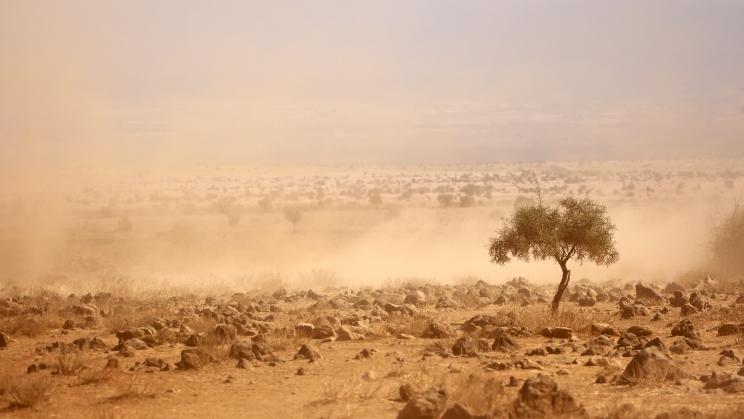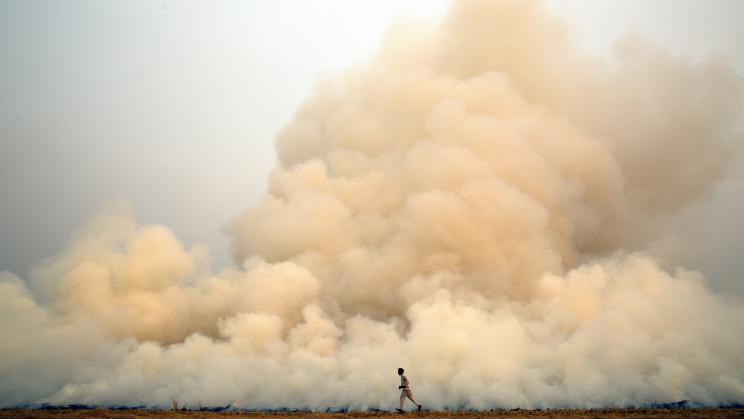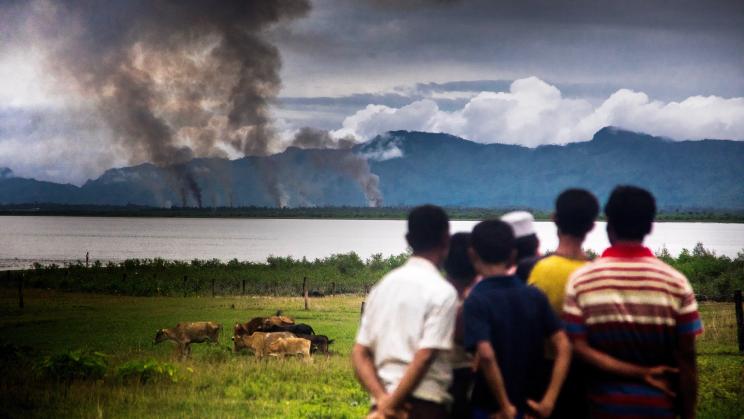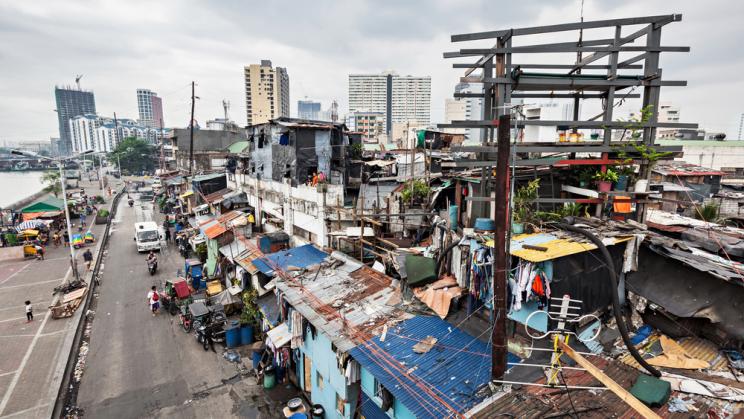Peace and development
SIPRI looks at the long-term causes of insecurity to understand how societies identify and navigate paths to sustainable peace.
Developing and sustaining peace requires an understanding of the root causes of conflict and insecurity. SIPRI looks at what fuels conflict and what drives long-term, positive change by analysing economic, social, political and environmental factors. We contribute to both research and dialogue in order to inform policy and practice to forge a path to peace.
Our work in this field is broad, with topics ranging from corruption in the security sector, inclusive peacebuilding to climate change. Conflicts are rarely caused by one single factor; often several issues play a role to reinforce and exacerbate each other. Our analysis is also multidisciplinary and applies a variety of social sciences and methods. SIPRI’s research reflects the complexity of conflict drivers and the relationships between them, as well as how they differ across contexts.
A crucial part of SIPRI’s work on peace and development is the Stockholm Forum on Peace and Development. Held every spring, the Stockholm Forum brings together senior researchers, policymakers and practitioners to discuss and address the most pressing peacebuilding issues.
RESEARCH THEMES
SIPRI looks at the effects of climate change on peace and security.
The Environment of Peace initiative looks at how to secure peace in a new era of risk.
SIPRI seeks to improve the understanding of the relationship between food, security, stability and peace. For this work, SIPRI has agreed a multi-year partnership with the United Nations World Food Programme (WFP).
SIPRI focuses on systems of governance, their effects on local populations, and their relationship to the emergence of armed conflict or sustainable peace in a given setting.
SIPRI focuses on the conditions necessary to resolve conflicts and the effects of positive peace in promoting sustainable development.




